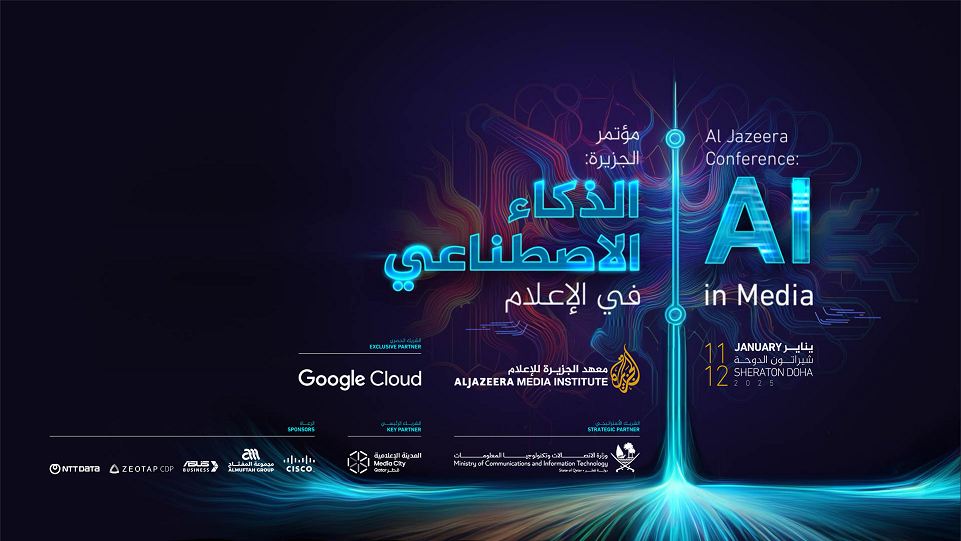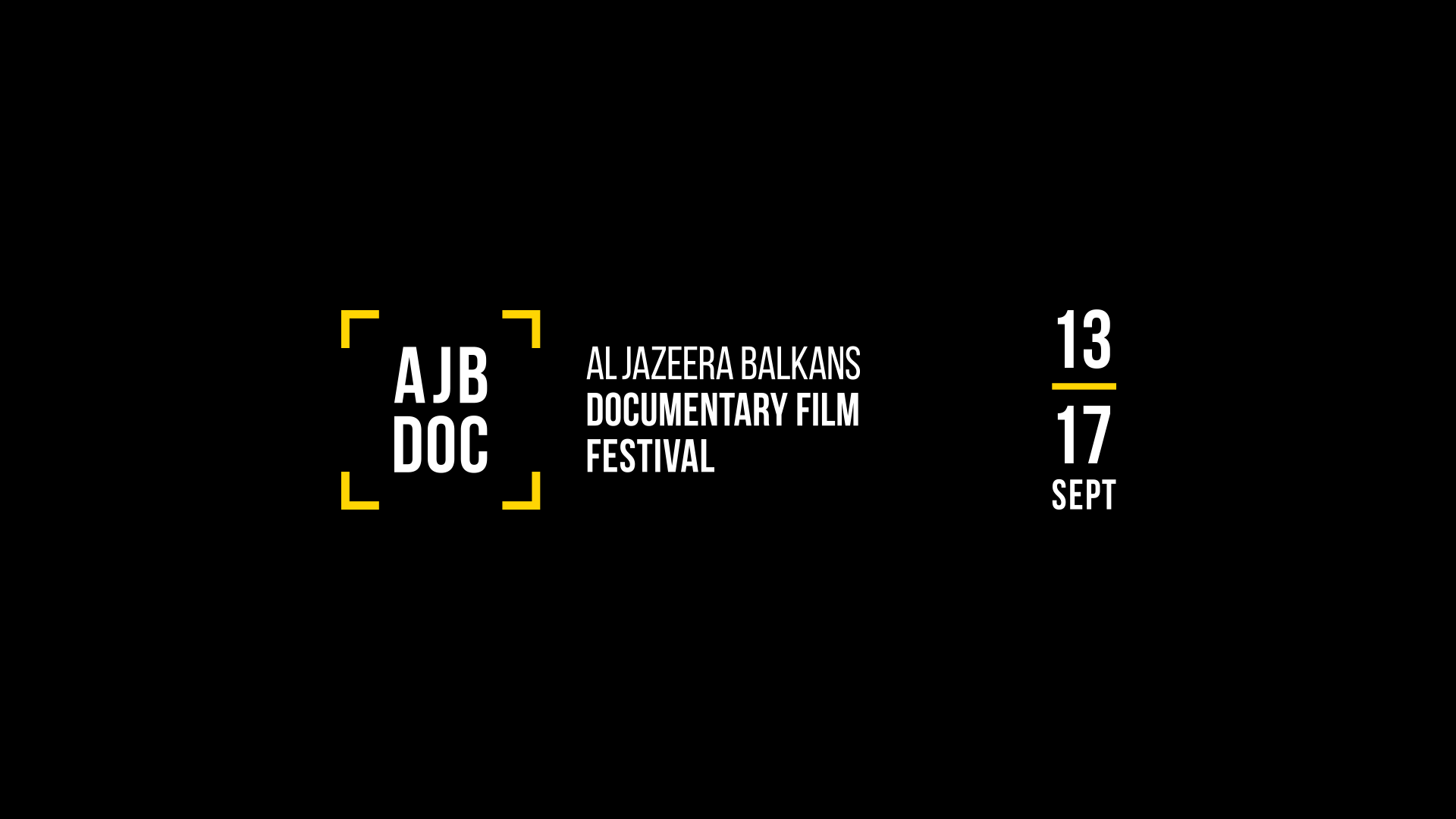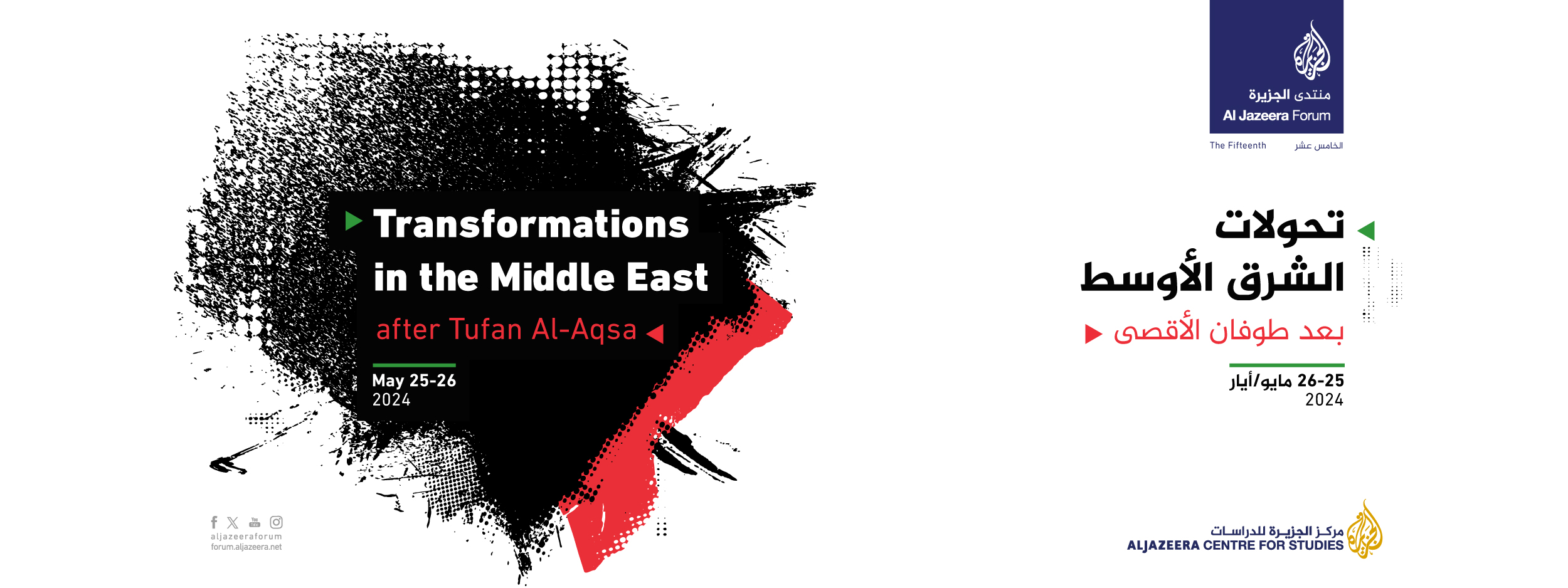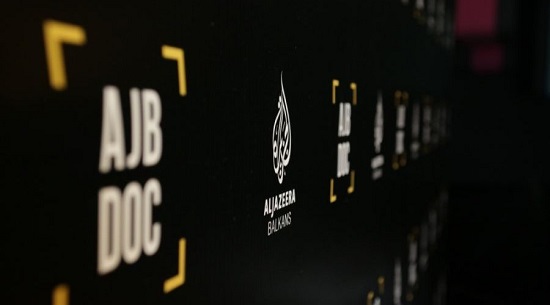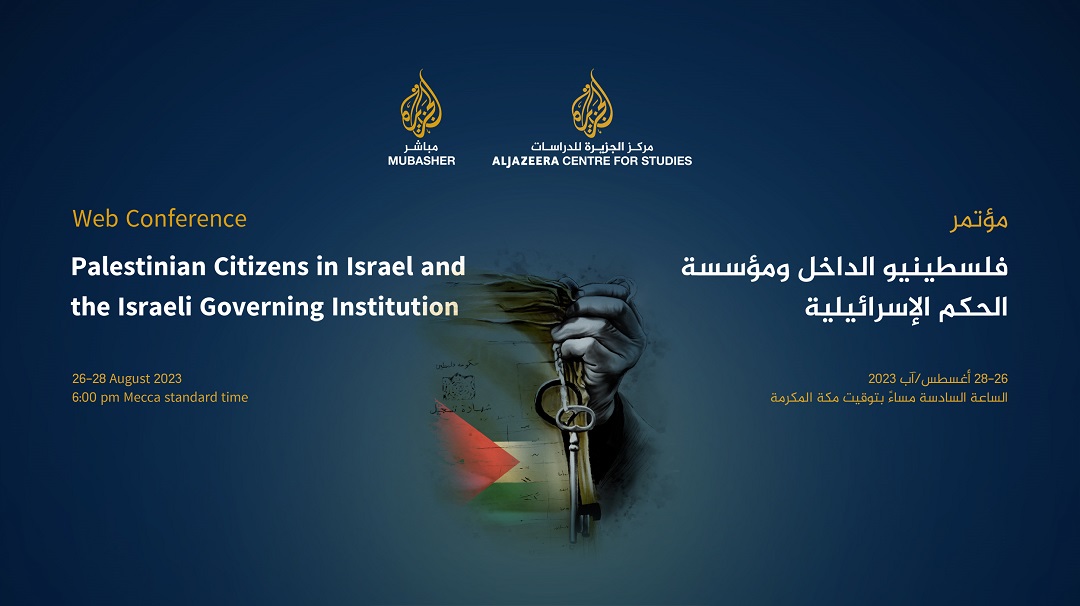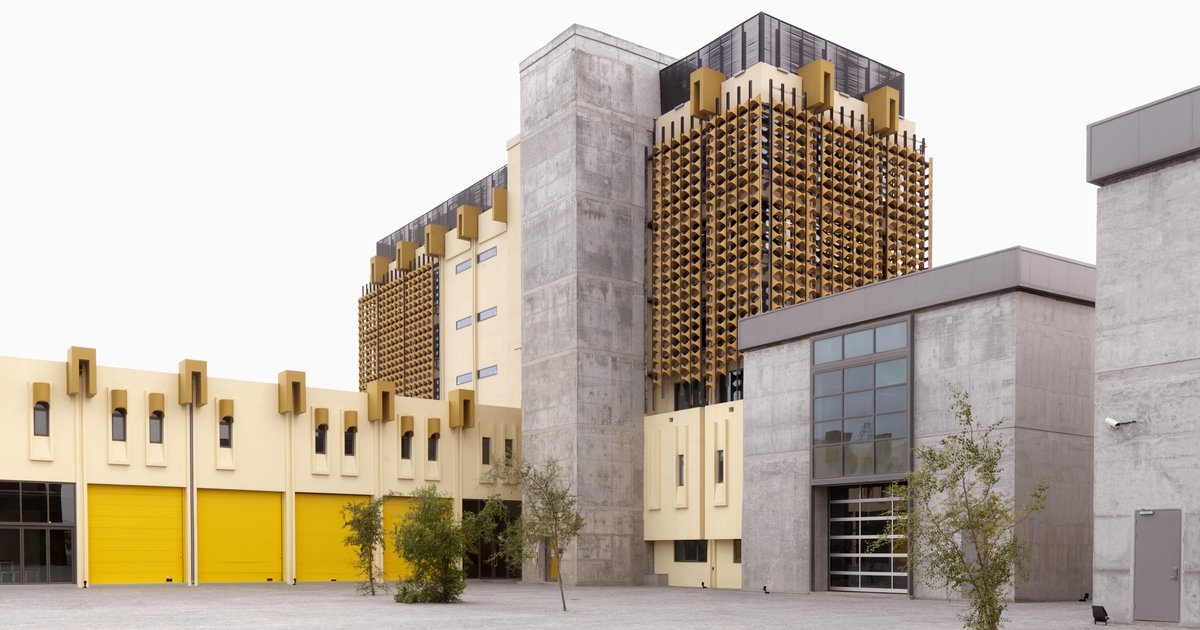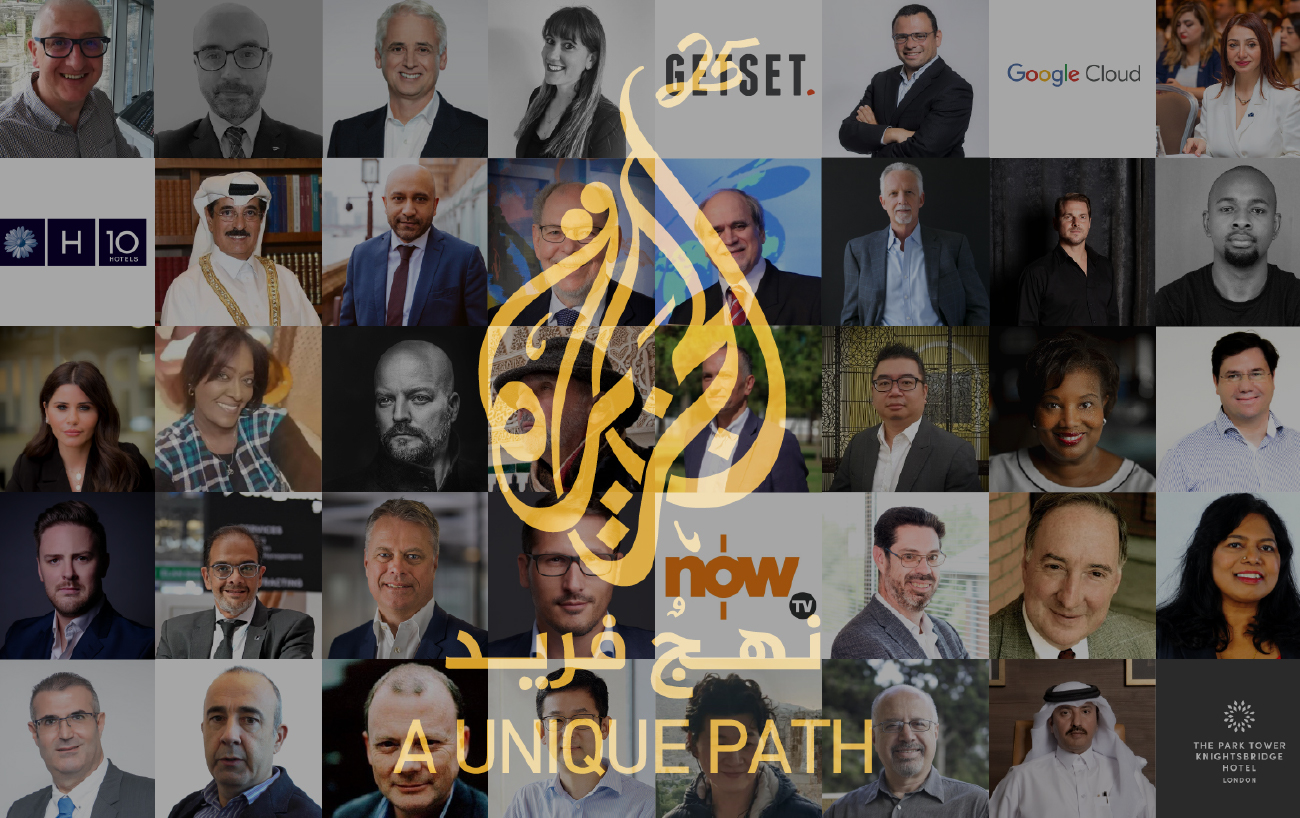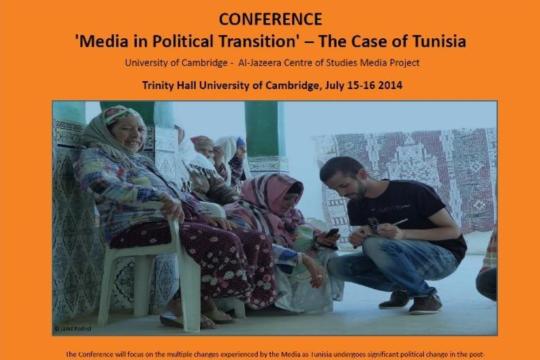
Transition: Focus on Tunisia
On 26 January 2014, three years after uprisings roiled the Arab world and President Zine el-Abeddin Ben Ali was ousted, Tunisia adopted a new Constitution, which enshrines freedom of expression and freedom of conscience within a democratic political system of elections and representative government. This two- day Conference will examine the forces that led to this signal achievement, particularly as they relate to the emergence of a liberated media as a key factor in the development of a politically pluralistic Tunisia. Importantly, it will provide context to these changes by considering the impact of the last three tumultuous years on the changing political/media environment in the larger Maghrib region. The mediated nature of the Arab uprisings has led to significant theoretical reassessment in the field of media studies, while the trajectory of political change in the region, from ‘leaderless activism’ to inexperienced party politics negotiating new structural terrains, is challenging existing analytical frames and encouraging new ones. The conference will offer an academic platform focused on Tunisia and the Maghrib that will bring together scholars and experts from different disciplines to share insights and develop new ways of understanding the structural relationship between media and state, the contours of the emerging Fourth Estate, and the social discourses that are constituting a politics in transition. Conference location: Trinity Hall, Cambridge
Background
This is a new research project launched at Cambridge University on Media in Political Transition in the MENA region. This year we are holding a small conference focusing on the case of Tunisia, with several papers drawing from field work conducted by our team in situ this past year - as well as related scholarship from a wider group of academics.
The Conference, which is entitled Media in Political Transition: The Case of Tunisia, will be held at Trinity Hall at Cambridge University on July 15 and 16, 2014. It is hosted by the Centre for the International Study of the Middle East and North Africa at the Department of Politics (POLIS), as part of the new research programme, the Cambridge University-Al-Jazeera Media Project.

